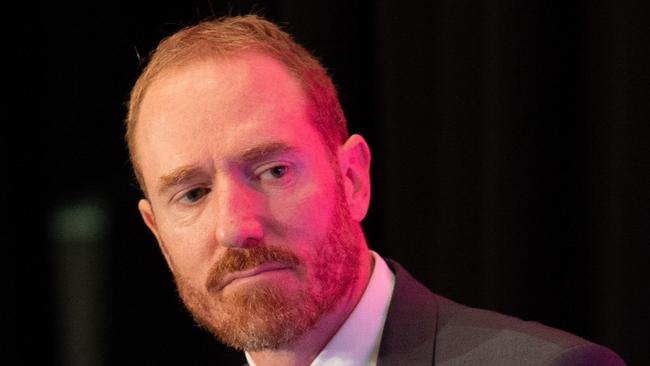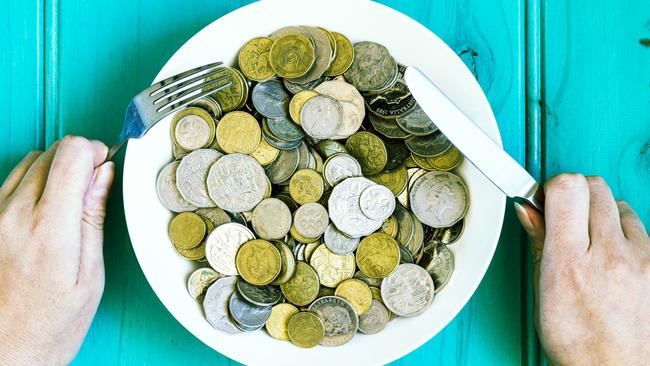Housing and energy may soon cost low-income Australians half their income
Housing and energy bills may soon cost low-income Australians half their income, with two families and every street hit by rapidly rising costs.
Battling Australians will see their housing and energy costs swallow half of their disposable income this year, a new economic report says.
More than two million low-income households will be forced to cut spending by more than 10 per cent to absorb the cost increases, says the report by CEDA senior economist Andrew Barker. Given their average annual income is $40,000, it’s a tough ask.
The report says housing costs – both mortgages and rents – will exceed 40 per cent of after-tax income for the lowest 20 per cent of earners, while energy bills will jump from 5 to 7 per cent of their spending.
“Low-income households are most exposed to these rapid increases in energy and housing costs, which account for a greater share of their income,” it says.
“For mortgage holders, interest costs are set to more than double between 2021-22 and 2023-24.”

The spending pressures are less severe for high-income households, with energy spending to swallow just 1.7 per cent of their income, and housing about 15 per cent.
Mr Barker said low-income households had faced rapid rises in housing costs before, such as in the early 2000s.
“The difference is this time it is accompanied by real wage declines as the cost of many other goods and services, particularly energy, are also soaring,” he said.
“We estimate that the richest fifth of households will spend around $73 per week on electricity and gas in 2023-24, against $52 per week for the poorest fifth of households. Lower incomes mean this accounts for a much higher share of income for poorer households.”
Some respite may come from an expected pause in interest rates next week because of global financial turmoil, but Mr Barker said it might only be temporary.
“Comparable countries where the central bank began increasing rates before Australia, such as the United States and New Zealand, are still seeing rate rises despite already reaching higher interest rates than here,” he said.
Meanwhile, new cost-of-living research by Beyond Bank Australia has found that almost 60 per cent of Australians are “finding it difficult to make ends meet each week”, while another 32 per cent are watching their spending closely.
Beyond Bank’s general manager customer experience, Nick May, said almost 20 per cent of people said they were under extreme pressure.

“That equates to one or two families in every street struggling to cope, and that’s a very sobering statistic,” he said.
A separate report from National Seniors Australia and Challenger has found that 90 per cent of people aged over 50 are concerned about keeping up with rising living costs.
It found the hardest hit were renters, low-income households, people in their 50s, those living in rural and remote areas and larger households of three or more people, and says the number of people severely impacted by living costs is expected to rise in the next 12 months.
National Seniors Australia chief advocate Ian Henschke said the findings reinforced the need to increase the age pension more regularly.
“The age pension is adjusted twice a year in March and September,” he said. “Rather than have pensioners wait six months, government should increase payments quarterly when inflation is high.”






To join the conversation, please log in. Don't have an account? Register
Join the conversation, you are commenting as Logout